Pope Francis names 1st African-American cardinal, diversifies body that will elect his successor

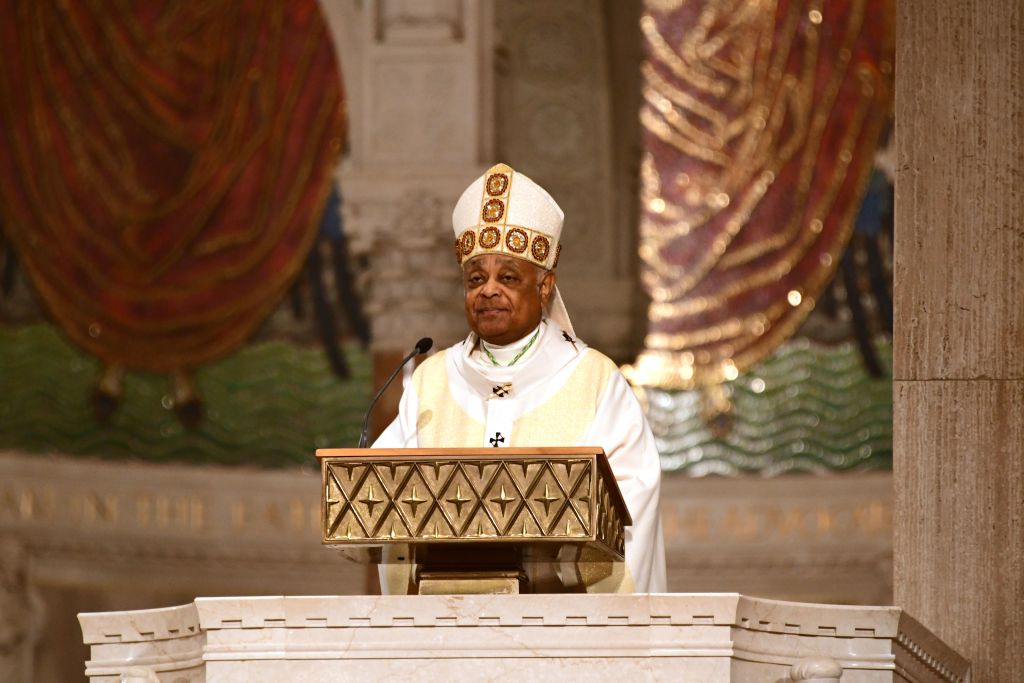
A free daily email with the biggest news stories of the day – and the best features from TheWeek.com
You are now subscribed
Your newsletter sign-up was successful
Pope Francis, in a surprise announcement Sunday, named 13 new cardinals, including Archbishop Wilton Gregory of Washington, D.C. When the 13 other cardinals are formally installed Nov. 28, Gregory will be the first Black U.S. cardinal in Catholic history.
Gregory's elevation to the College of Cardinals was expected after the pope named him Washington archbishop in 2019, but Francis also spoke out against the "sin of racism" in June, mentioning George Floyd's "tragic" killing in Minneapolis and saying "we cannot close our eyes to any form of racism or exclusion while pretending to defend the sacredness of every human life." Gregory, formerly archbishop of Atlanta, was also the head of the U.S. Conference of Catholic Bishops when the child sex abuse scandal broke in 2002. He led the USCCB through an accounting of the human damage and the creation of the U.S. church's "Charter of Protection of Children and Young People."
Gregory, 72, is one of nine new cardinals under age 80, meaning they will be eligible to vote for the next pope. Pope Francis has now chosen 57 percent of the 128 cardinal electors, and "like his predecessors, Francis has appointed men who support his approach to the major issues facing the church," Rev. Thomas Reese writes at Religion News Service. He named two Franciscans, including Rev. Mauro Gambetti, who leads the convent attached to the Basilica of St. Francis in Assisi. Gambetti, who isn't even a bishop, thought the pope was joking when he read his name, a convent spokesman said.
The Week
Escape your echo chamber. Get the facts behind the news, plus analysis from multiple perspectives.

Sign up for The Week's Free Newsletters
From our morning news briefing to a weekly Good News Newsletter, get the best of The Week delivered directly to your inbox.
From our morning news briefing to a weekly Good News Newsletter, get the best of The Week delivered directly to your inbox.
Along with elevating likeminded Catholic leaders "who are concerned for the poor and are pastoral in their approach to their ministry," Reese says, Pope Francis has also reduced the share of cardinal electors from Europe, the Roman Curia — or Vatican bureaucracy — and the U.S., making the College of Cardinals "more from the global south than it has ever been in the history of the church." Elevating leaders from Africa, Asia, and Latin America "is the right direction," Reese writes, though "I would have preferred that no curial officials be made cardinals or bishops."
A free daily email with the biggest news stories of the day – and the best features from TheWeek.com
Peter has worked as a news and culture writer and editor at The Week since the site's launch in 2008. He covers politics, world affairs, religion and cultural currents. His journalism career began as a copy editor at a financial newswire and has included editorial positions at The New York Times Magazine, Facts on File, and Oregon State University.
-
 Moltbook: The AI-only social network
Moltbook: The AI-only social networkFeature Bots interact on Moltbook like humans use Reddit
-
 Judge orders Washington slavery exhibit restored
Judge orders Washington slavery exhibit restoredSpeed Read The Trump administration took down displays about slavery at the President’s House Site in Philadelphia
-
 Kurt Olsen: Trump’s ‘Stop the Steal’ lawyer playing a major White House role
Kurt Olsen: Trump’s ‘Stop the Steal’ lawyer playing a major White House roleIn the Spotlight Olsen reportedly has access to significant U.S. intelligence
-
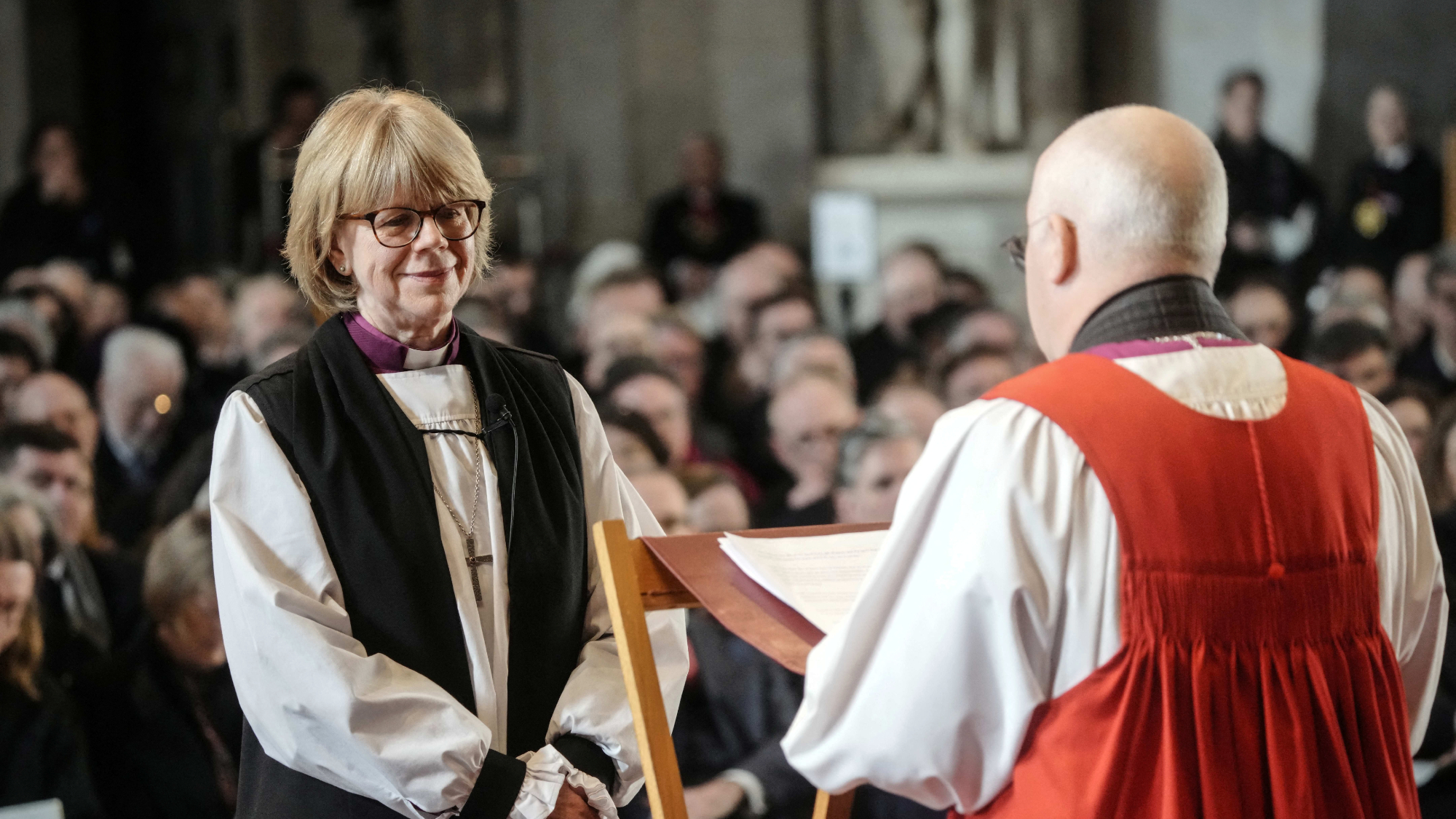 Church of England instates first woman leader
Church of England instates first woman leaderSpeed Read Sarah Mullally became the 106th Archbishop of Canterbury
-
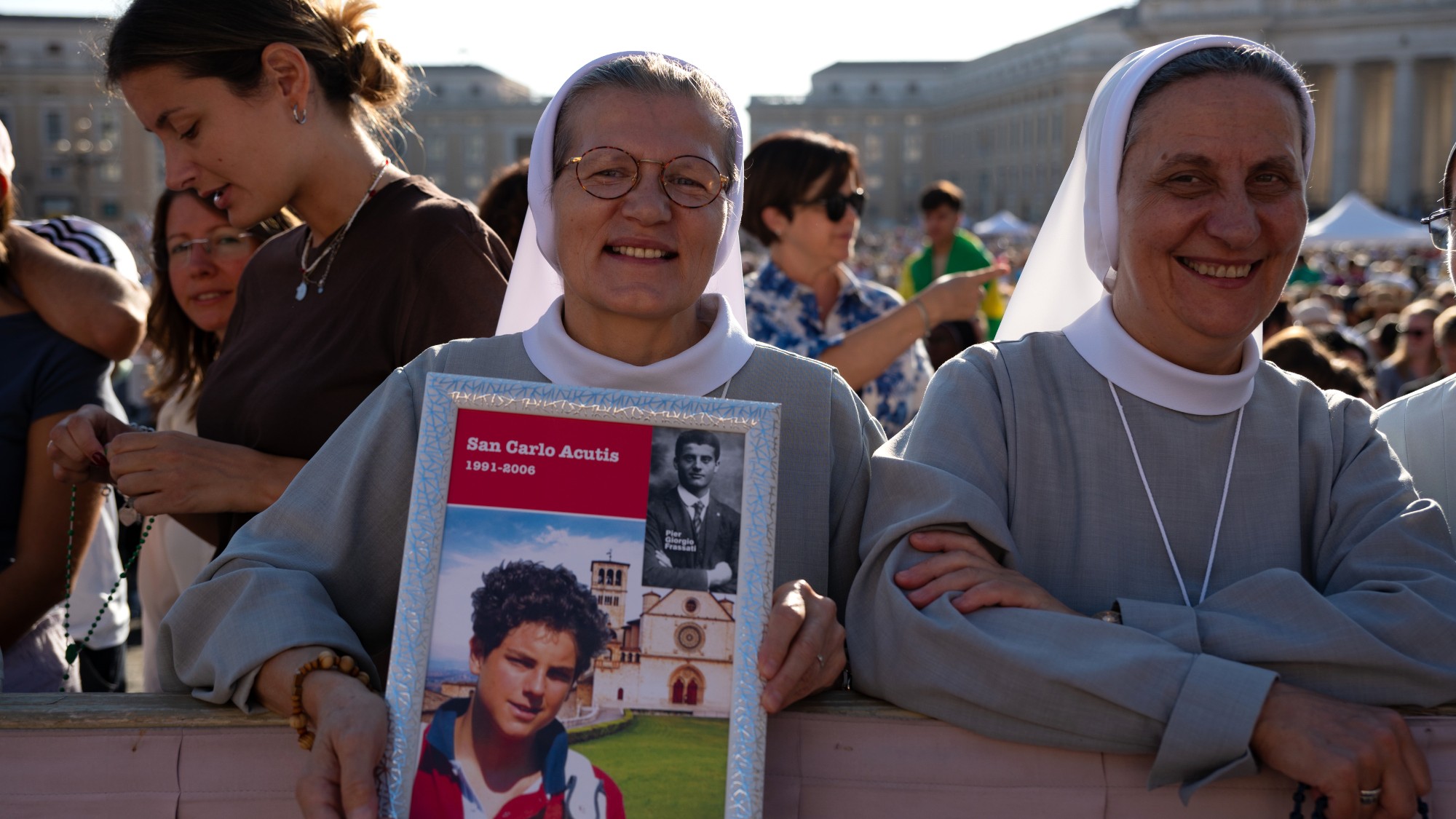 Pope Leo canonizes first millennial saint
Pope Leo canonizes first millennial saintSpeed Read Two young Italians, Carlo Acutis and Pier Giorgio Frassati, were elevated to sainthood
-
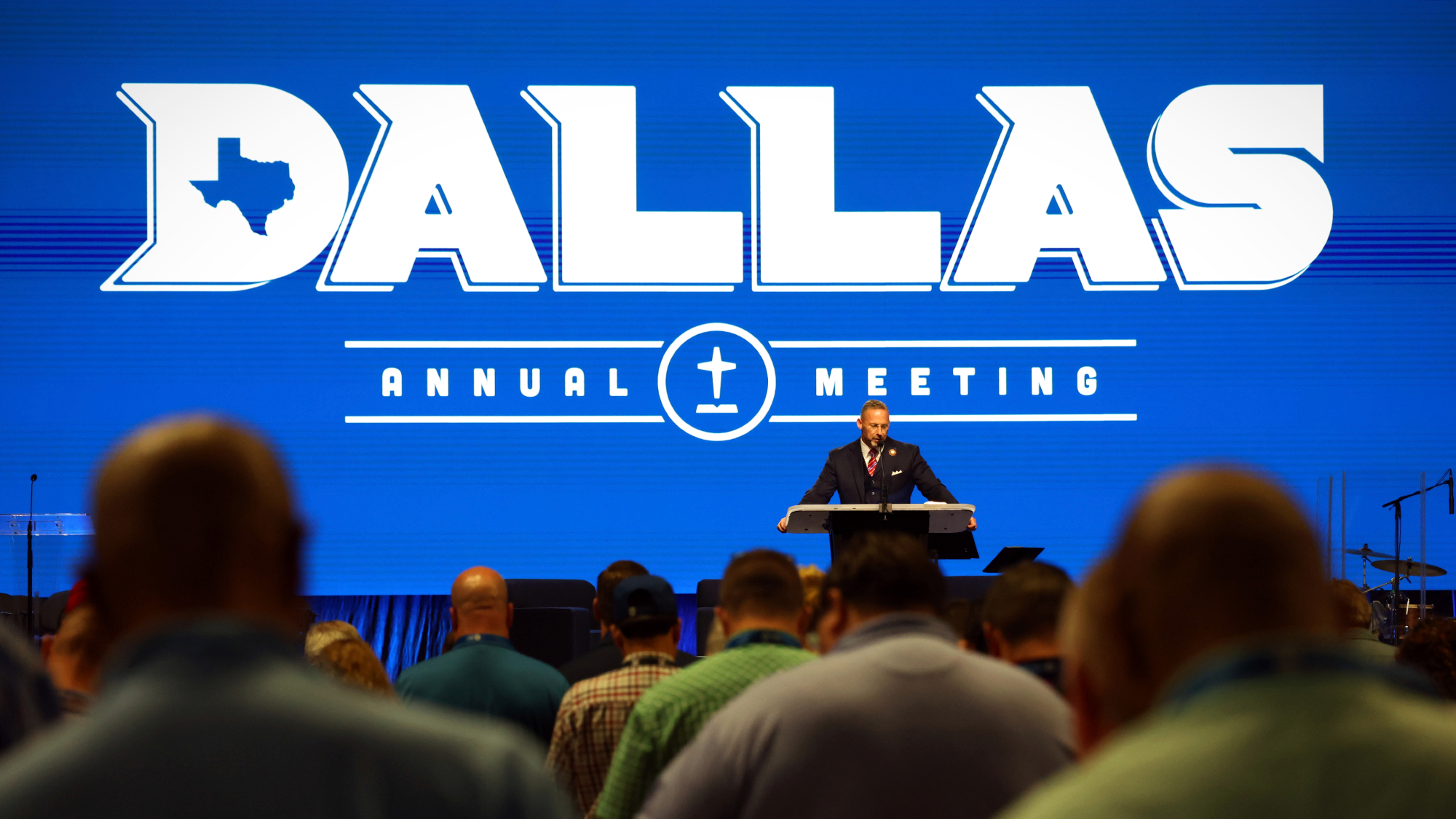 Southern Baptists endorse gay marriage ban
Southern Baptists endorse gay marriage banSpeed Read The largest US Protestant denomination voted to ban same-sex marriage and pornography at their national meeting
-
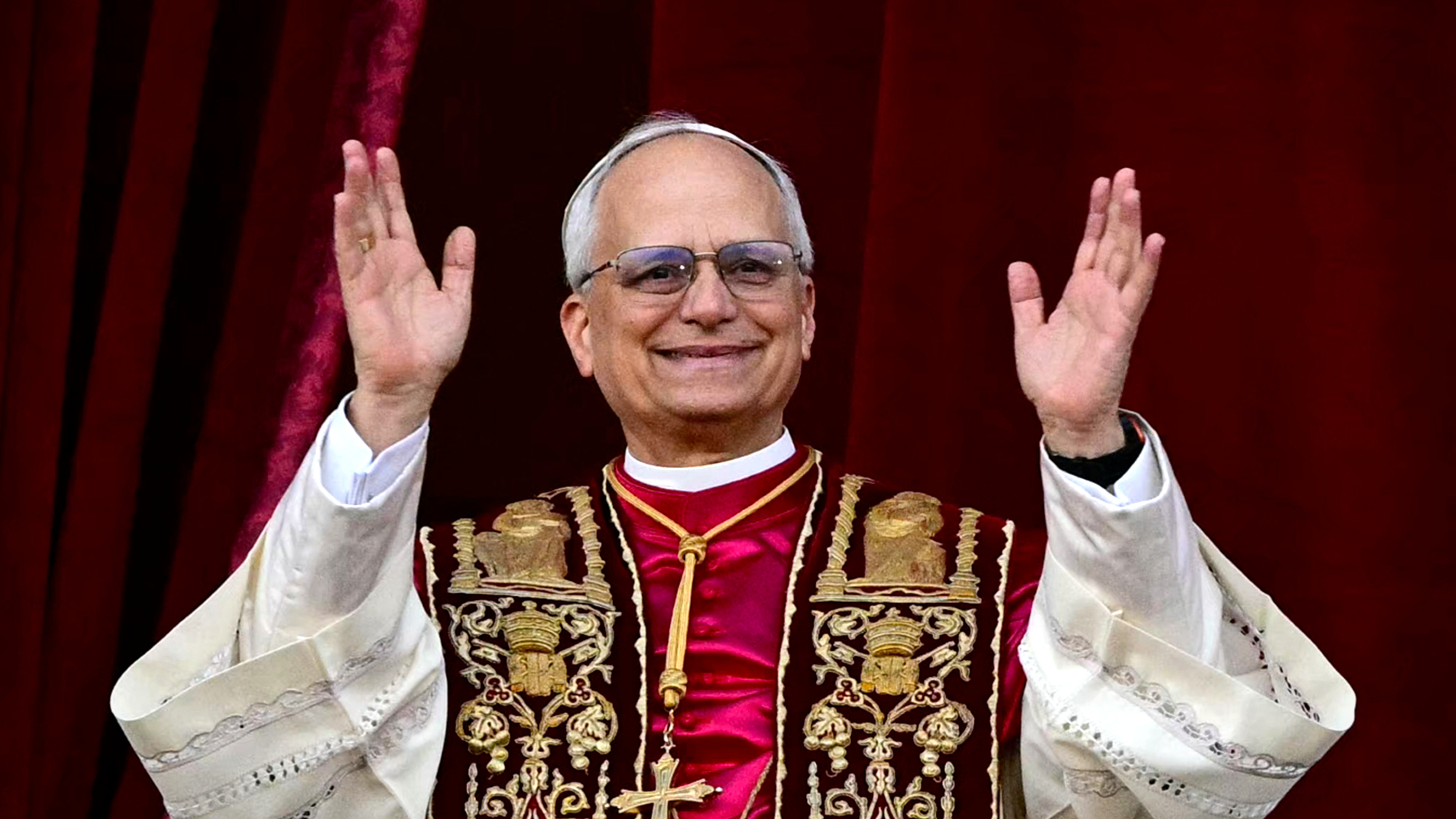 Prevost elected first US pope, becomes Leo XIV
Prevost elected first US pope, becomes Leo XIVspeed read Cardinal Robert Francis Prevost is a Chicago native who spent decades living in Peru
-
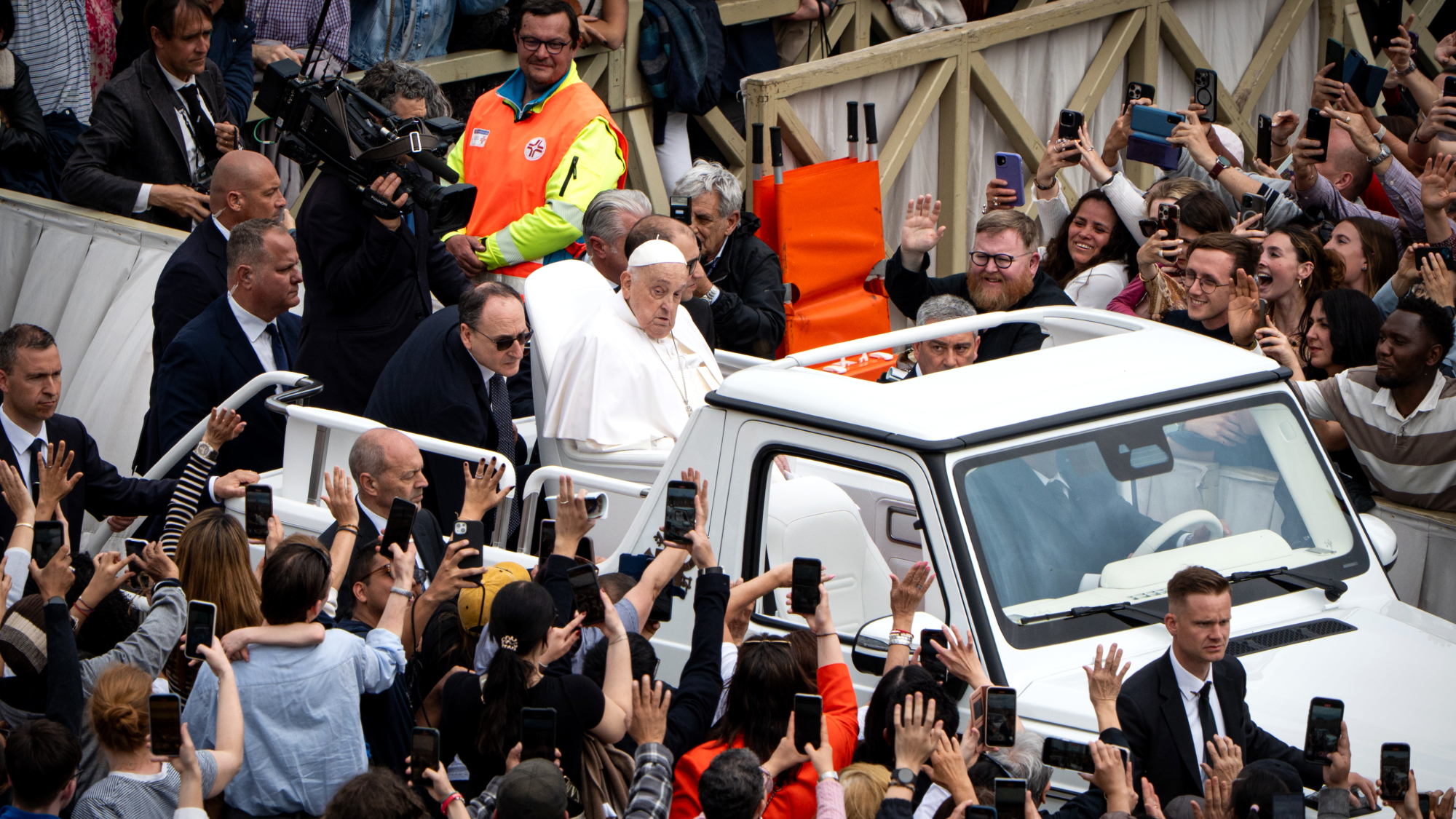 Pope Francis dies at 88
Pope Francis dies at 88Speed Read 'How much contempt is stirred up at times toward the vulnerable, the marginalized and migrants,' Pope Francis wrote in his final living message
-
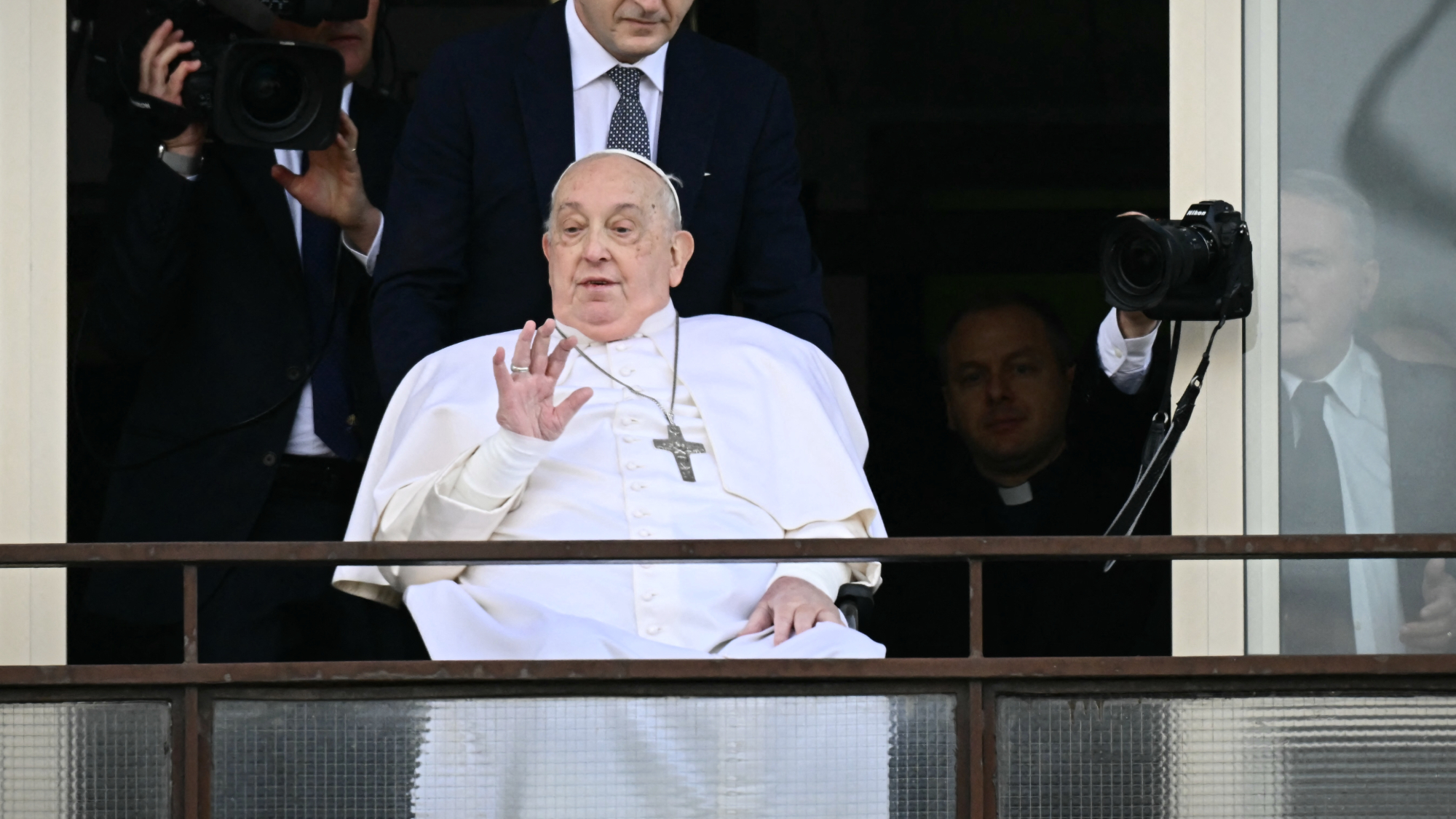 Pope returns to Vatican after long hospital stay
Pope returns to Vatican after long hospital staySpeed Read Pope Francis entered the hospital on Feb. 14 and battled double pneumonia
-
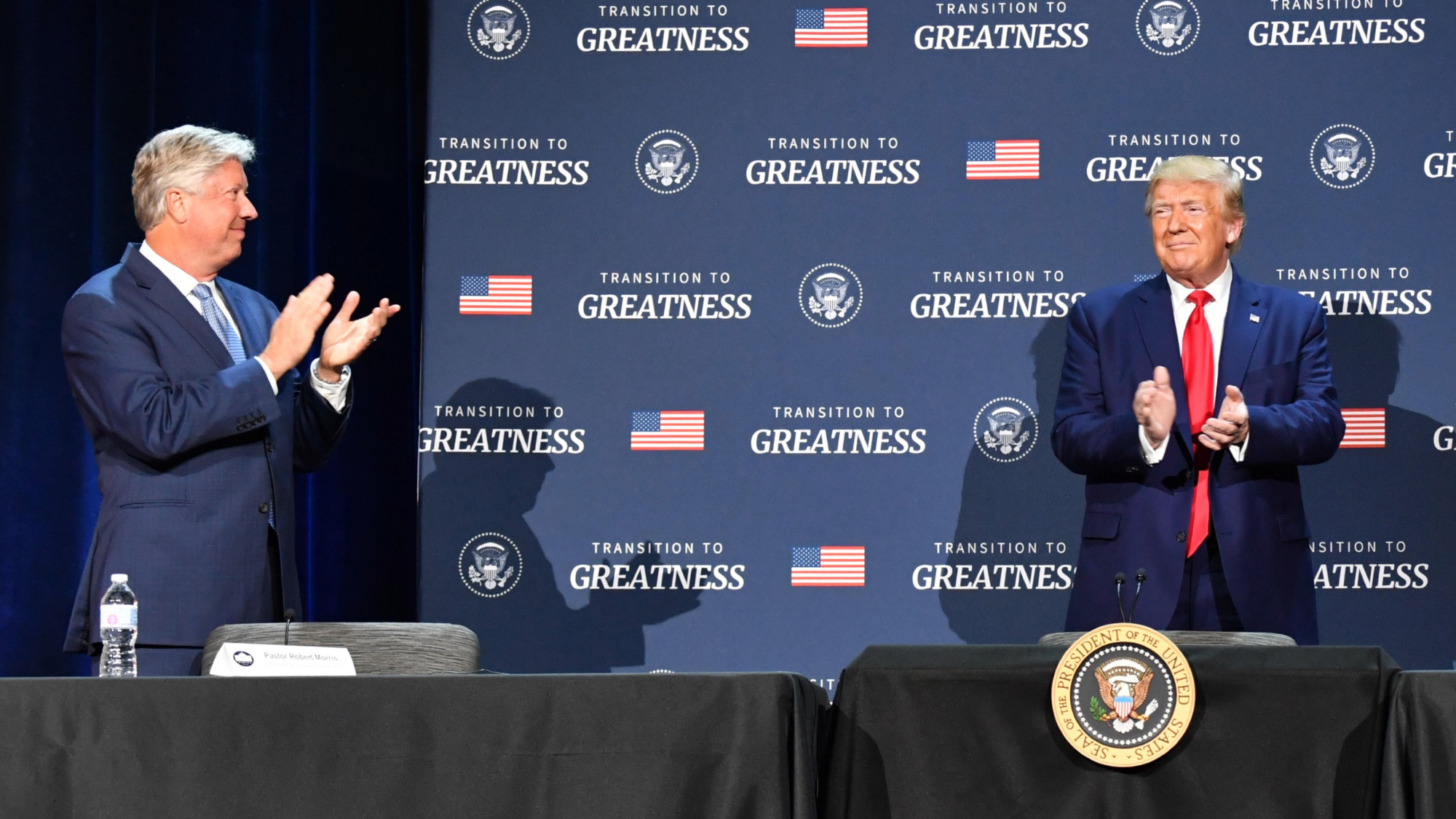 Texas megachurch founder charged with sex crimes
Texas megachurch founder charged with sex crimesSpeed Read Robert Morris, former spiritual adviser to President Donald Trump, is accused of sexually abusing a child
-
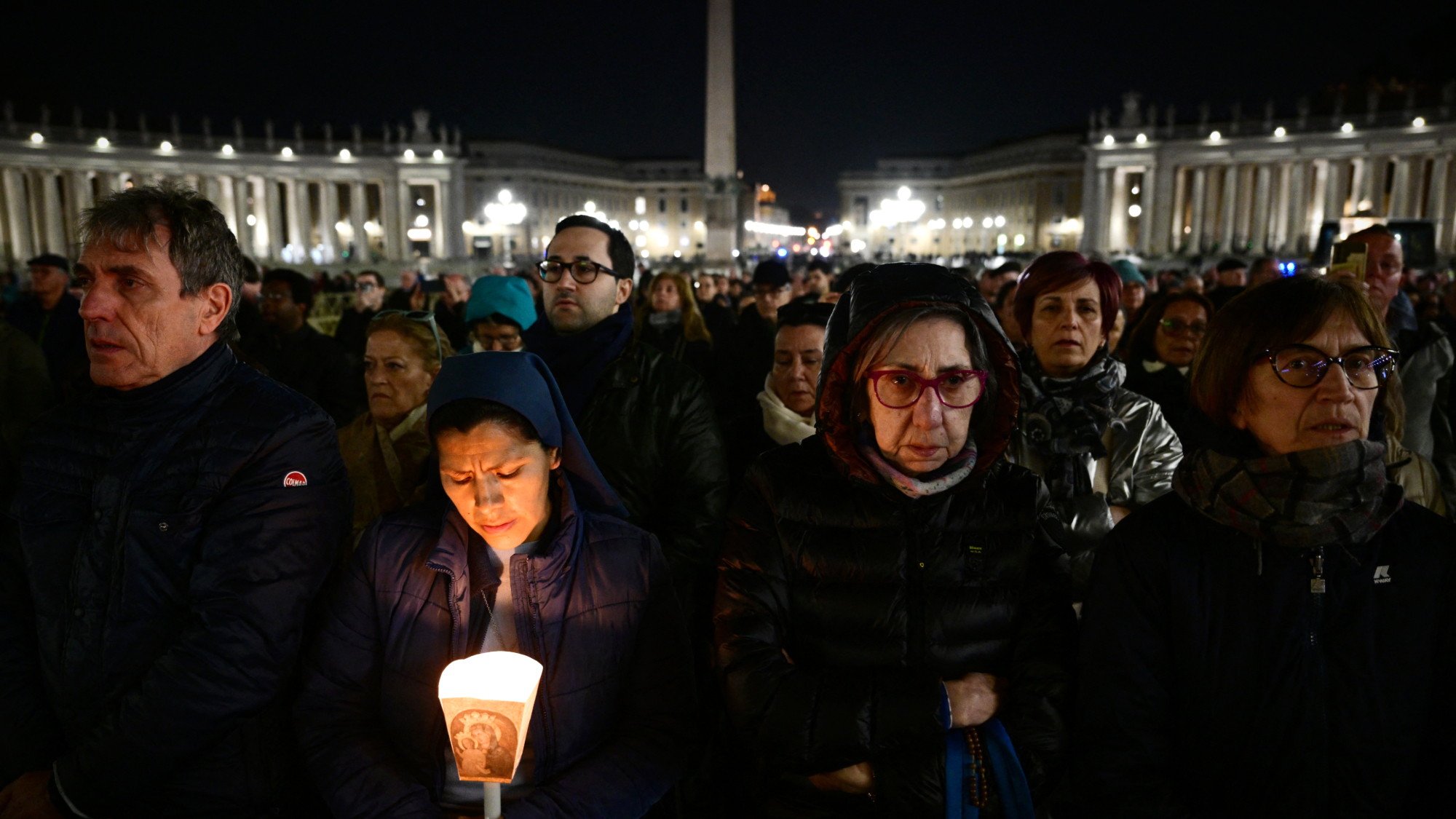 Pope Francis suffers setback with respiratory episodes
Pope Francis suffers setback with respiratory episodesSpeed Read The 88-year-old pope continues to battle pneumonia
